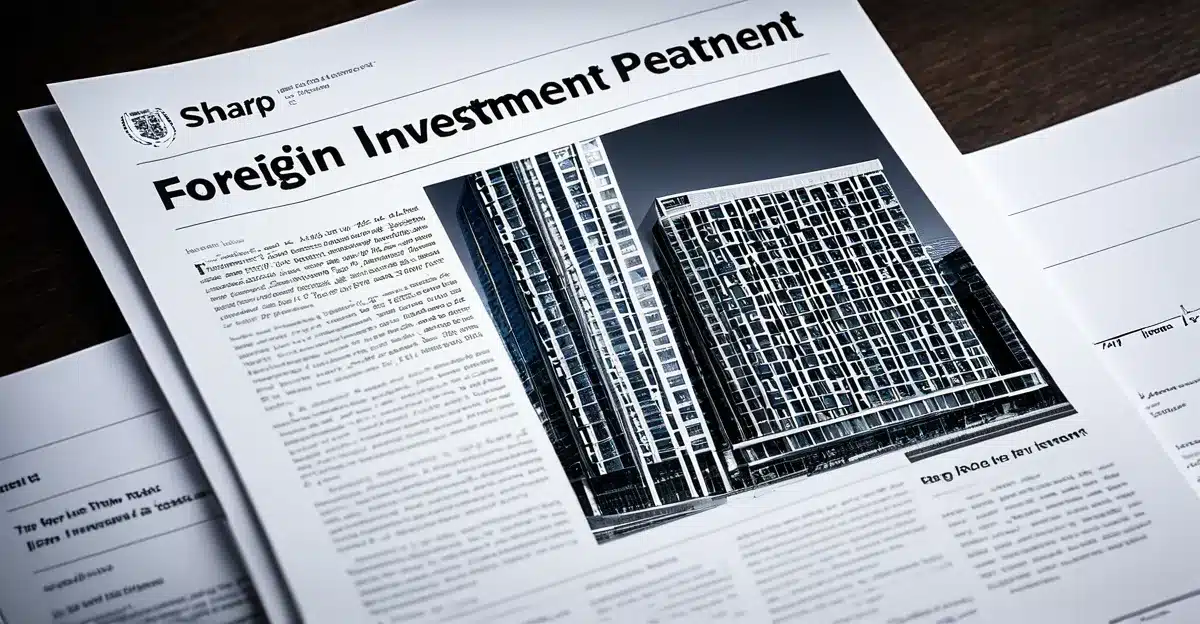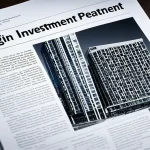The current landscape of foreign investment in UK real estate
Foreign investment in UK real estate continues to play a vital role in shaping property market trends. Recent data shows that international buyers account for approximately 15% of all residential property transactions in prime London areas. Moreover, foreign capital inflows into the UK property sector have exceeded £30 billion annually, reflecting sustained interest despite global economic uncertainties.
London remains the foremost hub, attracting a broad spectrum of international investors targeting residential apartments, luxury homes, and commercial real estate. Outside London, cities such as Manchester, Birmingham, and Edinburgh are increasingly drawing foreign attention due to promising rental yields and regeneration projects.
Also to see : How are UK banks adapting to changes in property lending regulations?
Over the past decade, there has been a noticeable shift. Initially dominated by buyers from Asia and the Middle East, the investor demographic now includes an expanding number from Europe and North America. Additionally, a trend toward diversification in property types is evident, with industrial and logistics assets gaining popularity amid e-commerce growth.
Understanding these evolving property market trends and the regions favored by international buyers helps contextualize the opportunities and challenges within foreign investment in UK real estate. This dynamic landscape underscores the sector’s resilience and adaptability in attracting global capital.
Also to discover : How Can Recent UK Property Trends Impact Future Investment Strategies?
Impact of foreign investment on property prices and availability
Understanding how global capital shapes local markets
Foreign investment significantly influences property prices in major cities, often driving them upward. When overseas capital flows into urban housing markets, demand increases, which can elevate prices beyond the reach of many local buyers. This phenomenon is especially evident in cities with high international appeal, where investors target prime residential and luxury properties, reducing housing availability for the average resident.
The influx of foreign capital tends to affect housing availability, constraining supply in affordable segments. Investors often favor high-end or commercial properties, skewing the market toward luxury developments that do not address local housing needs. Consequently, this creates an uneven market impact, where the market impact varies between sectors. Residential and commercial properties might experience diverse effects; luxury homes see price surges, while affordable housing remains scarce.
In essence, while foreign investment can boost real estate development and economic growth, it also exacerbates issues of affordability and accessibility. Policymakers must balance attracting global capital with protecting local housing markets to ensure sustainable development across all property types.
Economic and social benefits of foreign investment
Understanding how foreign investment shapes prosperity and growth
Foreign investment plays a crucial role in generating economic benefits such as job creation and boosting tax revenues. When international investors fund projects in the UK, they not only create direct employment opportunities but also stimulate related industries indirectly. For instance, investment in manufacturing or services expands supply chains, leading to additional jobs beyond the initial hire. The resulting tax contributions help support public services and infrastructure, fueling further economic growth.
Moreover, foreign investment is often pivotal in driving urban development and regeneration. Large-scale construction projects—financed by global capital—can revitalize declining areas. This process leads to enhanced housing, improved public spaces, and modernization of transport systems. These developments attract residents and businesses alike, enhancing the livability and appeal of cities.
Finally, foreign backing strengthens the UK’s infrastructure and elevates its international standing. By participating in cutting-edge projects, foreign investors help cities develop world-class facilities, making them more competitive globally. This amplifies the ability of UK cities to attract talent, innovation, and further investment—creating a virtuous cycle of growth and prosperity that benefits society at large.
Challenges and concerns for local buyers and communities
Local buyers face significant housing affordability pressures as rising demand pushes prices beyond reach. This competition often intensifies when external investors or non-local buyers enter the market, further constraining the options available to residents. As a result, many find it increasingly difficult to purchase homes within their own communities, leading to frustration and a sense of displacement.
Another critical concern revolves around vacant properties. When homes remain empty—whether due to speculation or rental market strategies—neighbourhood dynamics can shift negatively. Empty houses may reduce community cohesion and contribute to the decline of local amenities, affecting the overall quality of life for long-term residents.
Community groups and local governments are actively responding to these challenges. They advocate for policies aimed at improving housing affordability and prioritizing local buyers. Initiatives might include affordable housing developments, stricter regulations on property vacancies, or incentives that encourage owners to occupy or rent homes within the community. These measures seek to balance market pressures while preserving the social fabric and ensuring that communities remain vibrant and accessible to those who live there.
Regulatory Landscape and Government Policy
Understanding government regulations is crucial for investors navigating foreign property ownership. Many countries enforce strict foreign ownership rules aimed at protecting domestic markets and ensuring economic stability. These controls often include limits on the percentage of property foreign investors can hold, coupled with mandatory registration requirements. Recently, several governments have introduced new policy changes to tighten oversight, including enhanced taxation on foreign buyers and stricter reporting obligations.
For instance, implementing higher taxes on foreign property purchases serves as a deterrent to speculative buying, helping to keep local housing affordable. Additionally, registration and disclosure rules improve transparency, allowing authorities to monitor foreign capital flows more effectively.
Comparatively, some countries impose outright bans or require governmental approval before foreign investments can proceed, while others focus on fiscal measures such as capital gains surcharges. These divergent approaches reflect differing priorities but share a common goal: balancing openness with market protection.
For foreign investors, staying informed about evolving government regulations and ownership rules is essential. This not only ensures compliance but also helps anticipate shifts in policy that may impact investment returns or ownership rights.
Industry and expert perspectives on future trends
Experts in the real estate sector highlight several key market projections shaping the UK housing market’s near future. Post-Brexit and post-pandemic shifts are expected to influence foreign investment patterns significantly. Analysts anticipate a cautious return of international buyers, although the scale and timing remain uncertain due to evolving trade agreements and global economic conditions.
Real estate trends indicate a growing focus on affordability and regional development rather than purely metropolitan hotspots. This shift is partly driven by changing work habits and a desire for more spacious, suburban or rural homes. Experts suggest this could rebalance demand and alleviate pressure on traditional urban centres.
In terms of the UK economy, prolonged adjustments in the housing market could affect not only construction and property prices but also financial services linked to mortgages and investment. This expert analysis stresses the importance of monitoring policy decisions and global economic indicators, which will shape the full impact.
Overall, industry professionals recommend close attention to both macroeconomic factors and localized shifts, as these will dictate how enduring these changes are within the complex real estate landscape.



